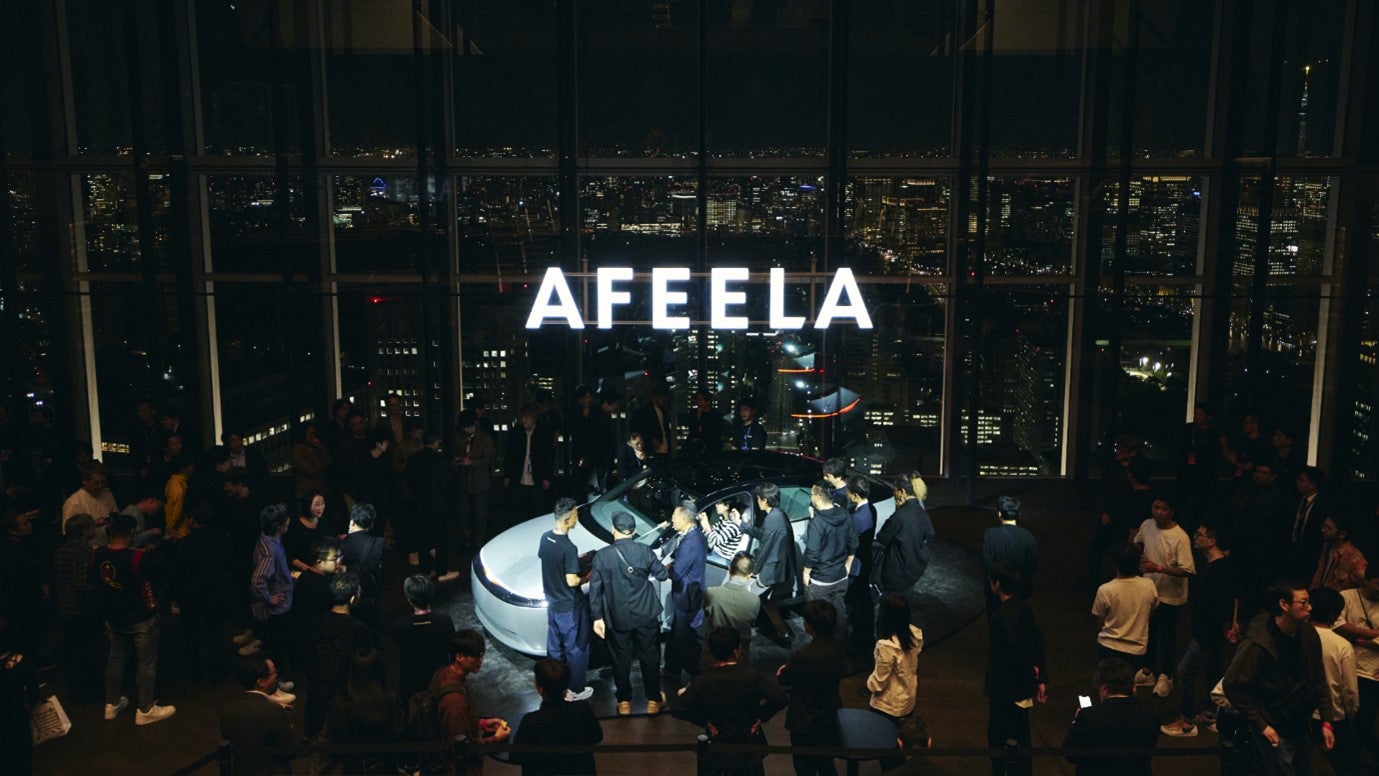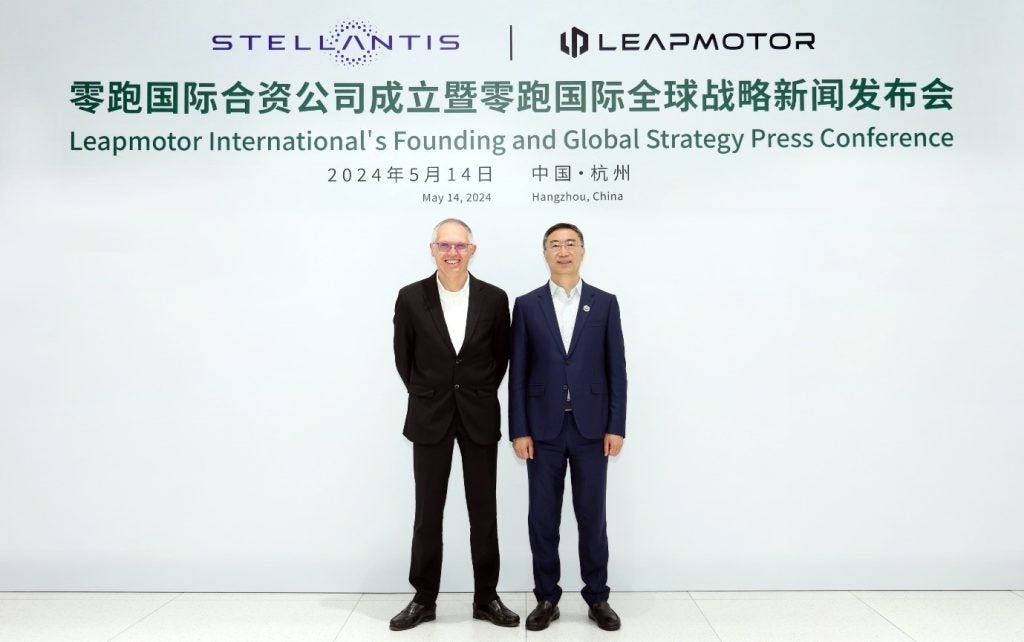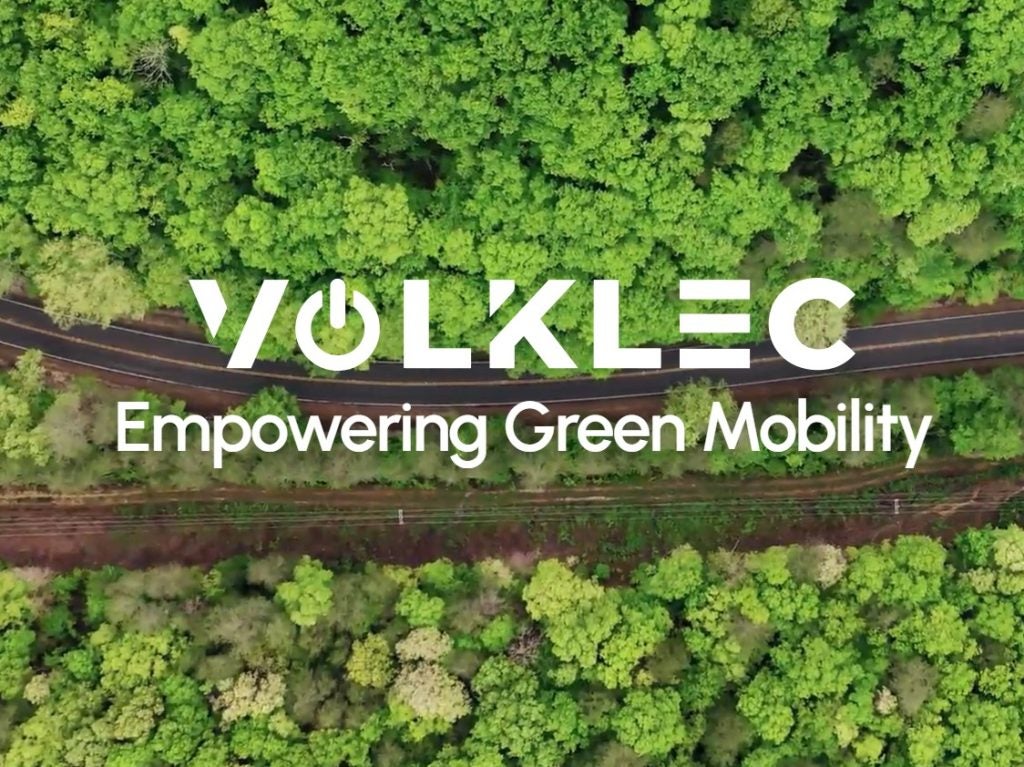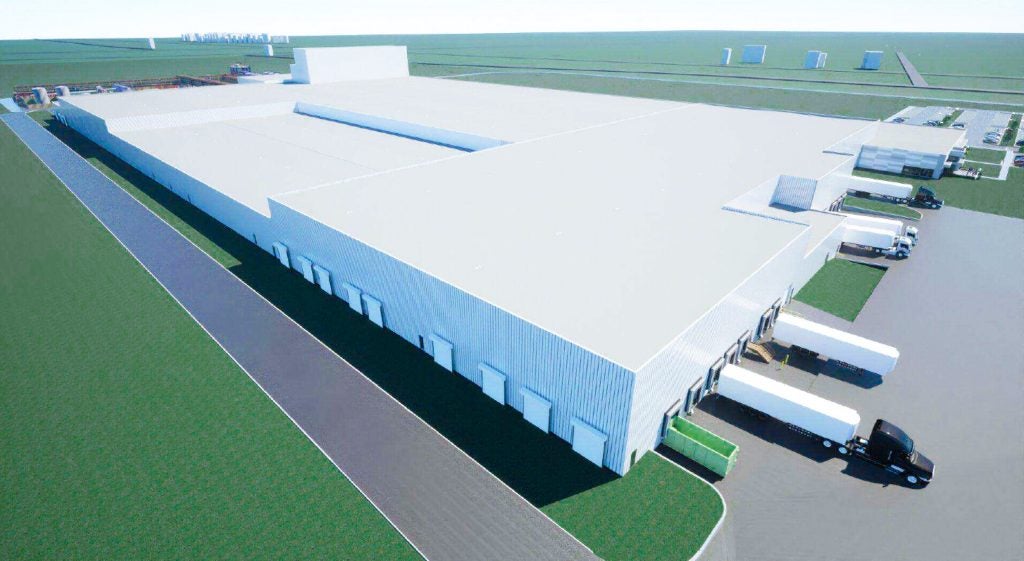
Battery testing can be a costly and time consuming process that results in many failed prototypes and wasted materials. What if there were a simpler way to test? Founded with the belief that simulation and modelling can be used to assist and accelerate the development of new battery technology, leading battery data and software company About:Energy, says it is accelerating electrification through battery virtual prototyping. By creating simulation models, the time and cost needed to bring new battery technologies to the market is greatly reduced. Moreover, it can also allow designers and engineers to compare design options in a simple interface (‘Voltt’). We spoke to Gavin White, CEO, and co-founder at About:Energy, to discuss how the simulation technology works and highlight the benefits it provides the automotive industry.
Stellantis on ICE & hybrid
Answering questions on the possibility of expanding ICE and hybrid options on its STLA platform at its recent Q1 2024 Results and Shipments call, Stellantis CFO Natalie Knight said the automaker was “very open” on how it could “best address the consumer need.” The query was posed in light of the EV transition happening “slightly slower than many people expected”. This year Stellantis has 25 product launches planned, with 18 of those carrying EV options. “The majority of our products are either ICE vehicles or intended to utilise [the] multi-energy platforms we have,” Ms Knight said. She emphasised that those launches were not focused on “just expanding” BEV-only products into other offerings.
Afeela new model coming on
In-vehicle karaoke, TV streaming and customisable e-motor noises were all notable features of Sony Honda Mobility’s (SHM) Afeela prototype when Just Auto was recently given an online demonstration from Los Angeles. First unveiled in January this year, the prototype is the result of a 50:50 JV between Japanese industry giants Honda and Sony. Pre-orders were confirmed by SMH CEO Yasuhide Mizuno to take place in H1 2025, with sales to follow by the end of 2025 and deliveries to US customers scheduled for early 2026. Quizzed during the demonstration on how the brand felt about entering an already-crowded EV market, an Afeela spokesperson said: “We don’t want to say we’re competing – we’re providing a new option.”
US growth ends
How well do you really know your competitors?
Access the most comprehensive Company Profiles on the market, powered by GlobalData. Save hours of research. Gain competitive edge.

Thank you!
Your download email will arrive shortly
Not ready to buy yet? Download a free sample
We are confident about the unique quality of our Company Profiles. However, we want you to make the most beneficial decision for your business, so we offer a free sample that you can download by submitting the below form
By GlobalDataApril brought an end to a 20 month YoY growth streak in the US vehicle market, according to GlobalData. According to preliminary estimates, Light Vehicle (LV) sales in the US declined by 3.9% YoY in April, to 1.32 million units. The 20-month YoY growth streak came to an end, but that was unsurprising given that April 2023 had an additional selling day. Furthermore, the pace of sales picked up significantly a year ago, making YoY growth much more difficult to achieve. US LV sales totaled 1.32 million units in April, according to GlobalData. The annualized selling rate was 15.7 million units/year in April, up from 15.6 million units/year in March. The daily selling rate was estimated at 52,700 units/day in April, compared to 53,700 units/day in March. It is noteworthy that the April daily selling rate was almost identical to the rate a year earlier; the YoY fall was therefore attributable to the loss of a selling day. The market continues to display very mixed results, with some OEMs performing well, while others are struggling. According to initial estimates, retail sales totaled 1.09 million units in April, while fleet sales finished at approximately 229k units, representing around just 17.4% of total sales.
China’s flat
A GlobalData report showed China light vehicle wholesales reached 2.1 million units in March. The automobile market experienced flat growth in the first quarter of 2024, with intensifying competition. In March, domestic sales of Light Vehicles (LV), excluding exports, reached 2.1 million units, reflecting a 4.6% year-on-year (YoY) increase. Specifically, Passenger Vehicle (PV) sales in March saw a YoY increase of 5.4% to 1.9 million units, while Light Commercial Vehicle (LCV) sales reached 288 thousand units, experiencing a slight YoY decrease of 0.2%. This growth can be attributed to post-holiday consumer spending and an intensified price war, resulting in a 79.1% month-on-month (MoM) increase in PV sales and an 87.0% MoM boost in LCV sales. After a poor performance in February due to the impact of the Chinese New Year long holiday (fewer selling days), sales in March returned to a steady growth trend. Overall, in the first quarter of 2024, domestic sales of Light Vehicles (LV) reached 5.3 million units, showing a 5.3% YoY growth. Passenger Vehicles (PV) reached 4.7 million units, with a 5.9% YoY growth in the first quarter. Light Commercial Vehicles (LCV) sold over 0.6 million units in Q1 2024, experiencing a 0.4% YoY growth.
Auto China 2024
Intelligence has been a huge trend at Auto China 2024. Read our latest report to discover how Japanese car brands are joining hands with China technology companies, and catch up on Tesla‘s progress as it gets ready to form China’s “Intelligence Trio”.
And there’s more…
Read this report to discover how Germany’s growing relationship with China reflects Volkswagen Group’s new Electric Vehicle (EV) models; why Extended Range Electric Vehicle (EREV) is still the standout in China, despite New Energy Vehicle (NEV) penetration reaching over 50%; and what the drivers are behind China passenger car exports exceeding 1 million units.
Koreans down at home
Domestic sales by South Korea’s five main automakers combined fell 7% to 119,414 units in April 2024 from 128,924 year earlier, according to preliminary data released individually by the manufacturers. Last month’s decline followed sharper falls earlier in the year despite a pick up in domestic economic activity in the country in the first quarter, resulting in an 11% drop in cumulative four month sales to 442,454 units from 496,352 units. The country’s highly indebted consumers have been struggling with the central bank’s interest rate hikes over the last few years, from 0.5% to 3.5%, with demand for battery electric vehicles (BEVs) particularly weak.
BW secures more China business
BorgWarner has announced two high-voltage hairpin (HVH) eMotor business wins with Chinese EV maker XPeng, for use on two upcoming SUV models. The recently secured contracts include oil-cooled 800V eMotor systems, comprising stator and rotor components customised for the vehicles. Start of production for the SUV models is planned for 2025.
Gigacasting cools
Tesla has paused its gigacasting ambitions, a process that enables the manufacturing of a vehicle underbody into once single piece, news agencies report. It comes after it was reported earlier this week that the firm had fired its 500-strong EV supercharging team. The automaker was seen as a pioneer in the gigacasting process. This latest development, which was first reported by Reuters, is another sign it is trying to reduce its costs in the face of increasing competition and stalled sales this year. Tesla now wants to stick to casting vehicle underbodies in three pieces, rather than its cutting-edge gigacasting efforts, which involves high-pressure die-casting large sections of a vehicle’s underbody.
Simulators greener
Volkswagen Group’s Bentley Motors said its new Compact Full Spectrum Driving Simulator would be installed at its factory in Crewe, northern England. The innovative simulator offers a more sustainable alternative to physical testing for development of vehicle comfort and would dramatically cut the number of real-world road miles engineers would drive testing cars, the automaker said. Among the elements the simulator can accurately assess are ride comfort, cabin acoustics and vibration, as well as supporting seat development. It will enable ride comfort evaluations over various emulated road surfaces, such as potholes and bumps, providing a valuable and time-saving representation of vehicle response, long before the reliance on physical prototypes would have previously enabled.
BlueCruise probed
An official investigation into Ford’s BlueCruise software has been launched by the National Highway Traffic Safety Administration (NHTSA) after a number of fatal crashes occurred while it was being used. The NHTSA’s preliminary investigation involves around 130,000 Ford Mustang Mach-E vehicles using the hands-free driving system. It includes two incidents this year that are also being investigated separately by the Transportation Safety Board (NTSB), involving 2021 – 2024 Mach-E vehicles.
ZF Foxconn JV
Supplier ZF and electronics maker Hon Hai Technology Group (aka Foxconn, best known as a contract assembler for Apple iPhones) completed the establishment of their joint venture this week. The new JV is called ZF Foxconn Chassis Modules and will be for passenger car chassis systems. The acquisitions of a 50% stake worth €1 billion (around $1.1 billion), in ZF Chassis Modules GmbH by Foxconn achieves a 50:50 partnership, which was agreed upon last July.
Tesla Baidu deal
Tes;a has signed a deal with Baidu giving the US battery electric vehicle (BEV) manufacturer access to the Chinese internet giant’s mapping and data services, while also clearing a major regulatory hurdle in the world’s largest vehicle market. The deal followed last week’s visit to China by Tesla’s main shareholder and CEO Elon Musk, during which he met Chinese premier Li Qiang. The agreement with Baidu paved the way for Tesla to introduce its semi-autonomous driving technology in China.
(More) Musk firings
Elon Musk has dismissed Tesla’s Supercharger team, Reuters and other news agencies report. The announcement reportedly came via an internal memo earlier this week that said the head of the superchargers group Rebecca Tinucci, and Daniel Ho, head of new products, would be leaving alongside their entire team of around 500 people. It comes after Tesla announced last month it would be reducing its total workforce by more than 10%, equating to over 14,000 employees, in order to be “lean, innovative, and hungry.”
US mandating AEB
The National Highway Traffic Safety Administration (NHTSA) has finalised a new vehicle safety standard this week. Automatic emergency braking (AEB) will be standard on all passenger cars and light trucks in the US by September 2029. The NHTSA says this rule is expected to “significantly” reduce rear-end and pedestrian crashes, saving at least 360 lives annually and preventing at least 24,000 injuries.
Have a nice weekend.
Graeme Roberts, Deputy Editor, Just Auto






